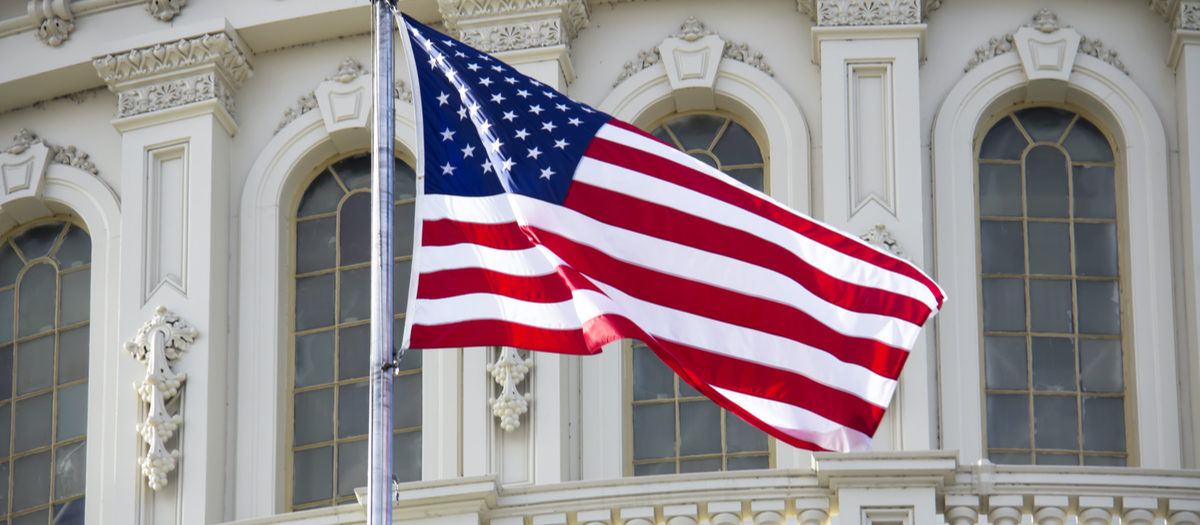
Rule 1: Get The Money Upfront
One of the advantages to being a criminal defense attorney, at least one who defends people accused of street crimes as opposed to white collar offenses, is that you get your money upfront. There is the initial negotiation. There is the payment, which usually goes into the attorney’s trust fund account. With that out of the way, the attorney can then focus on what needs to be done with the case. There is no need to track hours or to worry about not being paid.
But getting the money upfront can also be a problem. How many people have ready access to the thousands of dollars it will cost to pay the lawyer? The result, as Scott Greenfield describes in a recent blog entry, is that many lawyers will agree to take a down payment for the legal fees with the balance to be made up in installments. These lawyers are then surprised and angry when the client falls behind on the payment, and time that should have been devoted to preparing the client’s defense is now spent on recovering the fees.
“In the old days,” Greenfield writes, “a lawyer would let the judge know that he wasn’t ready for trial because he was ‘waiting for Mr. Green.’” (Greenfield practices in New York. While a friend of mine tells me that Boston lawyers also blame things on Mr. Green, lawyers in Philadelphia referred to it as a “Rule 1” problem. Imagine my surprise upon hearing this for the first time as an intern to find that there is no such thing as Rule 1: Pennsylvania’s rules of criminal procedure begin with Rule 100.)
Whatever you call it, judges are far less sympathetic these days to a lawyer who has not been paid. Once you have entered your appearance, you are probably in for the duration of the case. While some judges may let you out of a case, as Greenfield says, most will simply laugh at you and remind you that you should have gotten the money upfront.
In an attempt to get around this problem, many criminal defense lawyers in D.C. use a tiered system for the payment of fees. The lawyer will charge one fee to represent the client through the arraignment and initial status hearings, with the hope that some type of diversion program or nontrial disposition can be negotiated at that time. There is then an additional fee due should the client decide to take the case to trial.
I have in fact experimented with this system, and have not had much success with it. The problem is that it allows monetary constraints to seep into the client’s decision-making. When negotiations on one client’s case were not successful in achieving what I believed was a favorable non-trial disposition, I recommended to the client that we take the case to trial. I then had to waive my fee for the trial when I realized that his only hesitation in trying the case was that he didn’t want to spend the extra money.
The tiered fee arrangement also risks undermining the client’s confidence in what should be the attorney’s unfettered and professional advice. Instead of taking the lawyer’s recommendations at face value, the client could find himself asking: Is my lawyer advising me to take this case to trial because this is the absolute right thing for me to do? Or is he really just interested in making more money?
Characteristically, Greenfield is completely unsympathetic to lawyers who find themselves chasing around after unpaid fees: “It’s not just the fee that you’re fighting over for the duration of your representation, but your integrity. Don’t blame the client for compromising your ethics, for making you into the lawyer you despise. You made the choice when your hunger and fear overcame your sound judgment and experience.”
